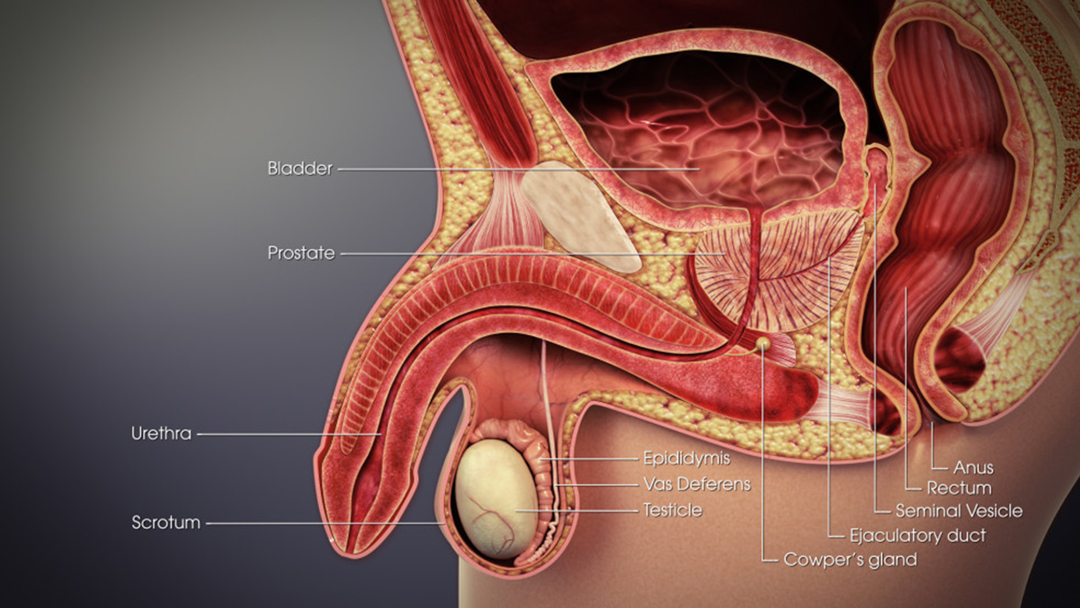Switch to a healthy diet
It is recommended that you incorporate more fruits, vegetables, and whole grains into your regular diet. These foods are rich in vitamins and nutrients, which are beneficial for improving your overall health. It is also advised that you replace supplements with healthy foods. It is recommended for prostate cancer patients to avoid red meat, processed meats, and foods high in fat and consume more plant-based foods instead.
Exercise regularly
Exercising regularly plays a very pivotal role in keeping your health in check and your weight under control. Moreover, it lifts your spirits and improves your mood and mental health. Try to adapt to a healthier lifestyle by making exercise or workouts a part of your daily routine.
Say no to tobacco
Smoking is highly harmful to your overall health and increases the risks of prostate or other types of cancers and heart diseases. Cut down or try to quit smoking altogether to bring a drastic positive change to your lifestyle.
Keep a check on your PSA levels
PSA is a protein that is produced by the prostate gland. Its levels normally increase with age, but if they are more than the normal limit for that age, then it is an indication of prostate cancer.
Men aged 60-70 should have their PSA level checked annually. If their PSA level is 3 ng / mL or higher, they should discuss with their doctors about going for a biopsy of the prostate. For men with PSA levels between 1 and 3 ng / mL, a PSA test should be done every two or four years based on what the doctor recommends. Incremental increase of PSA in serial values done periodically is more significant than the single value of PSA. Please note PSA is prostate gland specific and not cancer specific.
Keep your weight under control
Being overweight or obese puts you at significant risk for prostate cancer and other serious diseases. Maintain a healthy lifestyle to keep your weight in check. You can also ask for expert help and get a meal plan from a nutritionist.
If you experience any of the signs or symptoms of prostate cancer that we discussed today or feel like you are at risk, consult your doctor immediately. It is better if you can control and begin treatment for prostate cancer in the early stages. Prevention of prostate cancer or any other cancer can only happen if you make drastic changes in your lifestyle and take your health seriously.




